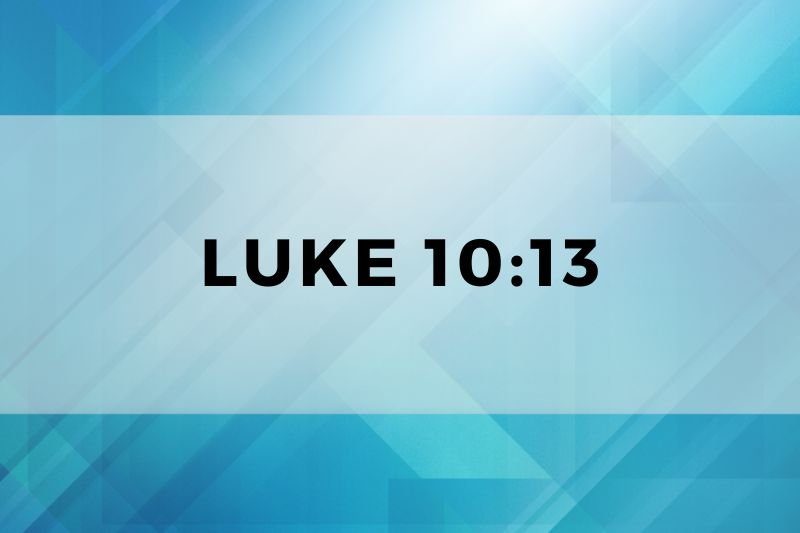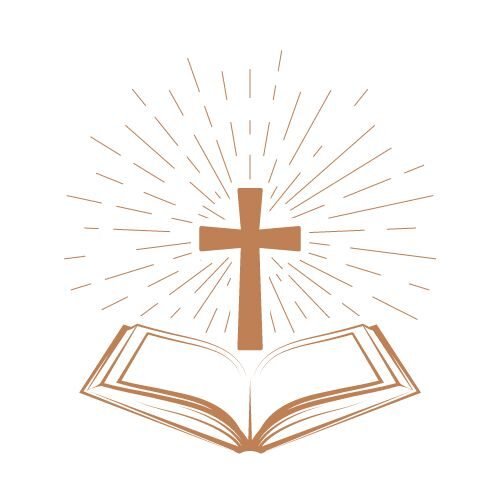
Luke 10:13
13 “Woe to you, Chorazin! Woe to you, Bethsaida! For if the mighty works done in you had been done in Tyre and Sidon, they would have repented long ago, sitting in sackcloth and ashes.” (Luke 10:13, ESV)
The Significance of Luke 10:13
Luke 10:13 is a powerful verse. It contains a stern warning from Jesus. He addresses two cities: Chorazin and Bethsaida. These cities witnessed Jesus’ miracles. Yet, they did not repent. Jesus compares them to Tyre and Sidon. These were ancient cities known for their wickedness.
Jesus’ words are clear. He says that if the miracles performed in Chorazin and Bethsaida had been done in Tyre and Sidon, those cities would have repented. They would have shown their repentance by sitting in sackcloth and ashes. This was a traditional sign of mourning and repentance in ancient times.
The verse highlights a few key points. First, it underscores the importance of repentance. Witnessing miracles is not enough. One must respond to them with a change of heart. Chorazin and Bethsaida failed in this regard. They saw the works of Jesus but remained unrepentant.
Second, the verse shows Jesus’ knowledge of human hearts. He knows how different people and cities would respond to His works. This demonstrates His divine insight. He can see beyond the surface and understand the true nature of human response.
Third, the verse serves as a warning to all who hear it. It reminds us that witnessing God’s power comes with responsibility. We are accountable for how we respond to His works and His message. Ignoring or rejecting them leads to woe, as Jesus declares.
The mention of Tyre and Sidon is significant. These cities were often condemned by Old Testament prophets for their sins. Yet, Jesus says they would have repented if they had seen His miracles. This comparison highlights the greater guilt of Chorazin and Bethsaida. They had greater revelation but failed to act on it.
In a broader sense, Luke 10:13 speaks to the theme of judgment. Jesus’ words are not just historical. They apply to all who hear the gospel today. The message is clear: greater revelation brings greater responsibility. Those who hear the gospel and see God’s works must respond with repentance and faith.
The verse also reflects Jesus’ role as a prophet. He speaks with authority, pronouncing woe on unrepentant cities. This is in line with the prophetic tradition of the Old Testament. Prophets often called people to repentance and warned of judgment.
In conclusion, Luke 10:13 is a sobering reminder. It calls us to examine our response to God’s works and message. Are we like Chorazin and Bethsaida, witnessing His power but remaining unchanged? Or do we respond with true repentance, like the people of Tyre and Sidon would have? The choice is ours, and the consequences are eternal.
